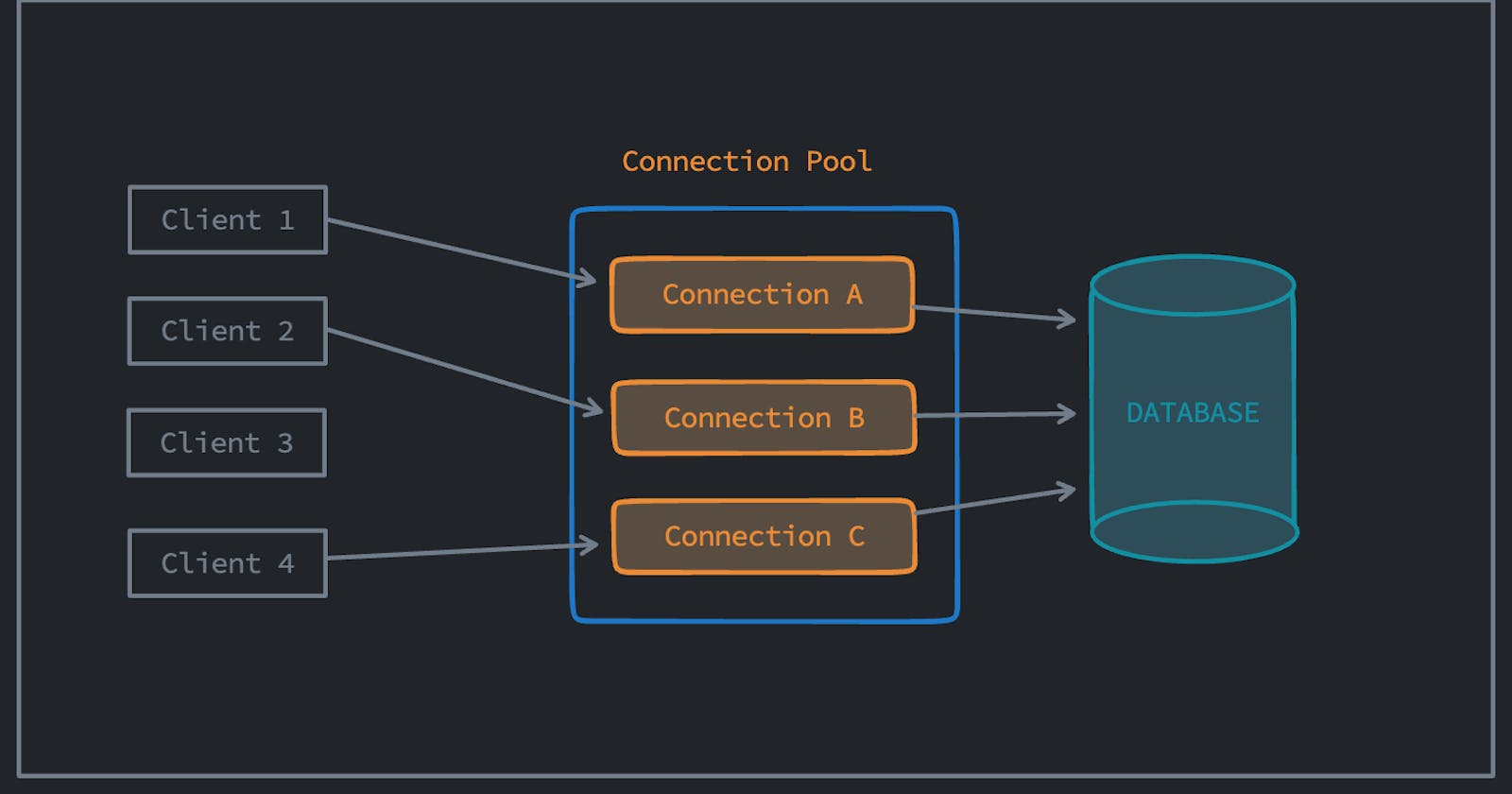Database connection pooling is a technique used to improve the performance of applications that access a database. Connection pooling allows an application to reuse existing database connections, instead of creating a new connection each time it needs to access the database. This can greatly reduce the overhead of establishing a new connection and can significantly improve the performance of an application.
To understand why database connection pooling is important, it’s helpful to understand how database connections work. When an application needs to access a database, it must first establish a connection to the database server. This process involves several steps, including creating a new socket connection, authenticating the user, and setting up the necessary database contexts. Each of these steps takes time and resources, and can significantly impact the performance of an application.
Connection pooling helps to alleviate this performance bottleneck by reusing existing connections, instead of creating new ones. When an application requests a connection to the database, the connection pool manager checks to see if there are any available connections that can be reused. If there are, the manager returns one of these connections to the application, instead of creating a new one. This allows the application to access the database more quickly, since it doesn’t have to go through the overhead of establishing a new connection.
There are several benefits to using database connection pooling, including improved performance, reduced resource utilization, and increased scalability. By reusing existing connections, connection pooling can reduce the amount of time and resources required to access a database. This can lead to faster application performance and can also reduce the strain on the database server, allowing it to handle more concurrent connections. Additionally, connection pooling can make it easier to scale an application, since it allows the application to handle more concurrent connections without having to create new database connections for each one.
Connection pooling is a valuable technique for improving the performance and scalability of applications that access a database. By reusing existing connections, connection pooling can significantly reduce the overhead of accessing a database, leading to faster application performance and increased scalability.

